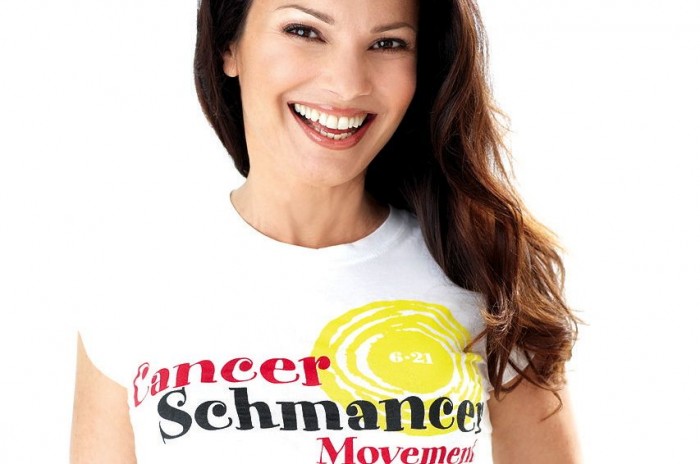

And if we’re waiting for someone else to take charge of our health, we’d better be patient, because we’ll be waiting a long time. Indeed, just the word patient implies patience and waiting. Stage I, that’s the cure,” Drescher firmly states.ĭrescher believes that a lot of our attitudes about health care come down to how society has been conditioned we simply haven’t been programmed to be proactive about health care. If we could spot the zebras - if we could detect cancers early - 95 percent of people would be cured. That’s great and all, until you realize that there really was a zebra. Most doctors will not investigate thoroughly there’s this idea that if you hear galloping and you see a horse, you shouldn’t look for a zebra. There are doctors who have diagnosed early-stage ovarian cancer as irritable bowel syndrome. “I was lucky that uterine cancer is a slower-growing cancer, as opposed to ovarian cancer, which grows quickly and is often undetected until later, as most cancers mimic benign illnesses in their early stages. “But we need to transform the idea from being a patient into being a medical consumer we can be victimized by the medical community and big business when we’re patients. “It’s part of my nature to want to be in control and take charge of the situation,” she muses. As her symptoms escalated without relief, Drescher forged ahead on an odyssey for answers. Although she’s now cancer-free, dealing with the diagnostic process could have been fatal, as it took two years of testing and eight different doctors before she was finally diagnosed with uterine cancer. In her book, “Cancer Schmancer,” she chronicles her cancer. Drescher’s passionate activism is fueled by personal experience.


 0 kommentar(er)
0 kommentar(er)
